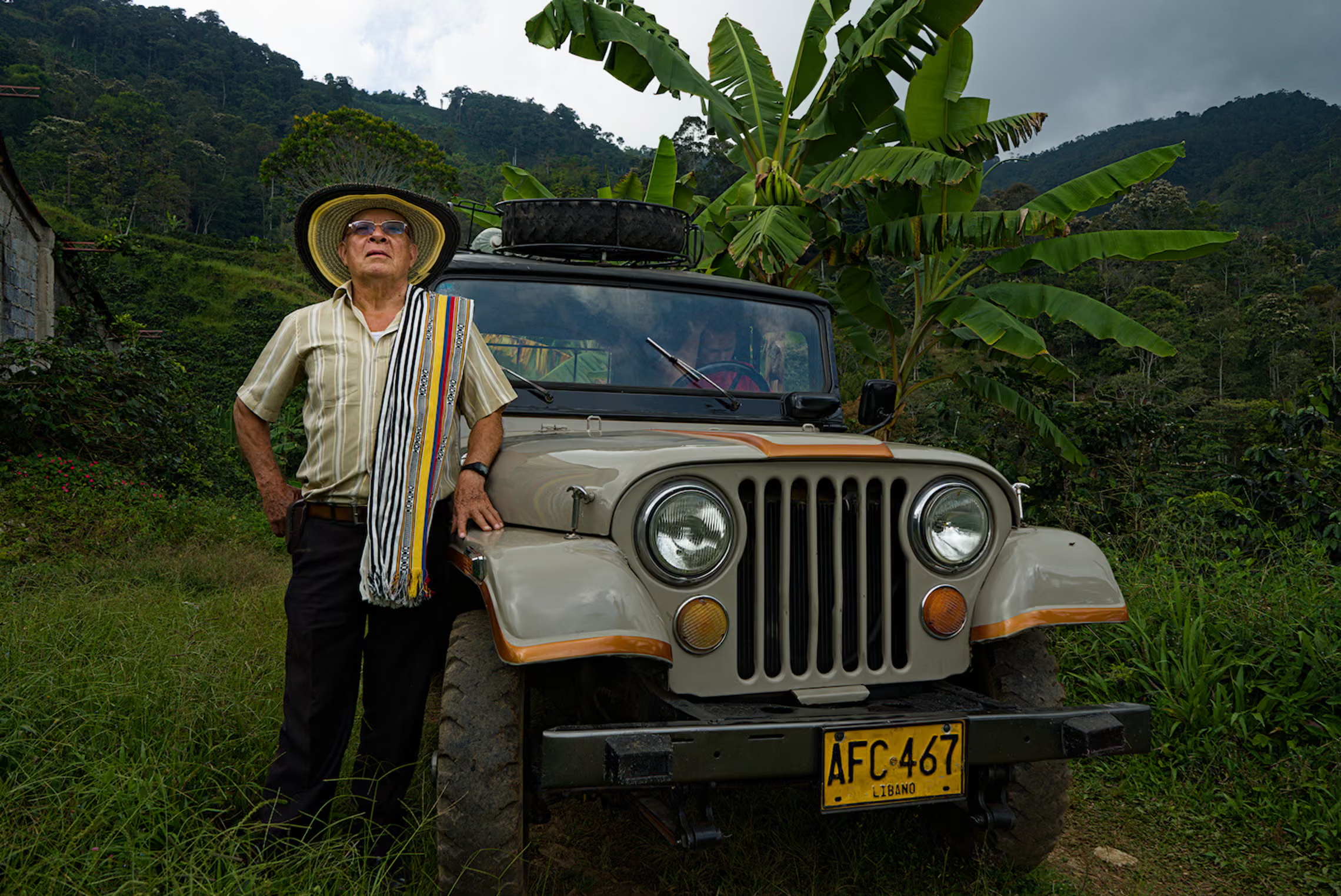As the coffee industry faces mounting environmental and economic challenges, a new vision is emerging—one that leverages circular economy and regenerative agriculture to build sustainable livelihoods. On Thursday, June 26, industry leaders, policymakers, and development experts will gather at World of Coffee Geneva for a vital panel titled “Circular Economy and Regenerative Agriculture: Toward Living and Prosperous Incomes.”
Each year, the global coffee sector generates over 40 million tonnes of biomass during processing—material often discarded, yet rich with potential. By applying circular economy principles and regenerative practices, this biomass can be repurposed to create new products, reduce waste, and generate diverse revenue streams for farmers and processors.
The session draws on key insights from the Coffee Development Report (CDR) 2024-2025, published by the International Coffee Organization. Titled “Beyond Coffee: Toward a Coffee Circular Economy,” the report presents bold policy recommendations and outlines how a circular economy model can contribute to both environmental sustainability and improved incomes across the coffee value chain.
This 4th edition of the CDR is the result of a global collaboration, co-authored by the International Trade Centre (ITC), Lavazza Foundation, Politecnico di Torino, and the Center for Circular Economy in Coffee (C4CEC). It offers a strategic roadmap to transition from linear, extractive models to regenerative systems rooted in equity, biodiversity, and economic resilience.
The session will be led by Hernan Manson, Head of Inclusive Agribusiness Systems at the ITC. With deep experience in sustainable value chains and inclusive investment strategies, Manson brings a global perspective shaped by his work across cocoa, coconut, and coffee-producing regions.
Key questions to be addressed include:
-
How can circular economy principles be adapted to fit the realities of coffee-producing countries?
-
What role can regenerative agriculture play in strengthening ecosystems and incomes?
-
How can global coffee stakeholders promote the wide-scale adoption of these models?
Participation in this session is free with a valid World of Coffee badge. Attendees will leave with actionable insights into how a circular coffee economy can shift the paradigm from survival to prosperity for smallholder farmers and communities around the world.
For more information, visit the World of Coffee Geneva program or connect with C4CEC and ITC representatives at the event.

